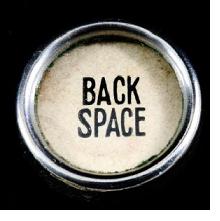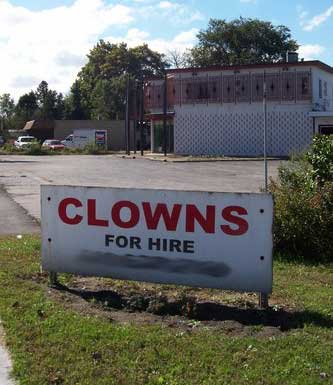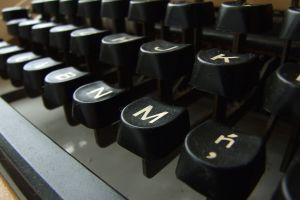Recently I posted a set of “don’t hire me” traits new freelancers sometimes display, so I figured it was time to throw out some advice in the opposite direction. What makes an editor take a chance on new writers? What makes them ask some writers back for more? I don’t claim to know what works for every editor, but here’s what I look for;
10. A good cover letter. I recently put out a call for writers requesting three writing samples and links to online work. The worst responses I got included those things and nothing more. While some of the writing samples were decent, they were outclassed by the ones I got that had good cover letters. The good cover letters were the ones where the writer introduced themselves, listed some relevant qualifications and gave some background. The worst cover letters all said the same things. “I believe I am qualified for the position you advertised,” but did NOT ELABORATE.
9. Relevant writing samples. One joker sent me a cover letter, resume and a copy of his college thesis. I advertised for a writer who could do research and writeups on consumer electronics with a slant towards bargain hunting. What that guy SHOULD have done was to send me any writing at all that had something to do with what I asked for. Always at least try to include at least one sample of your work that is tilted towards the job at hand. Some editors will disagree with this next bit, but I’d rather see two published clips of any published writing and one unpublished clip that is relevant instead of nothing but samples of work that has nothing to do with my needs. I just want to see whether you are capable of writing in my niche.
8. Flexibility and reliability. A writer who can demonstrate the willingness to learn or go the extra mile is pure gold to a busy editor. There are plenty of writers out there, but not as many who have the ability to think on their feet, roll with the editorial punches and can take a few curveballs. The easiest way to establish your flexibility in the early stages of an editorial relationship is to simply decide you won’t say no to ANYTHING. Some writers don’t have this luxury, especially those who still work day jobs, but it is in your interest to say yes to as much as possible from a new editor in the early stages. It endears you to the editor and makes you the go-to person–status which gets you more work and higher pay. Reliability is a valuable trait in a freelancer.
7. Honesty. Don’t learn the hard way; reliability and flexibility doesn’t mean you can do EVERYTHING. When you hit the end of your current abilities, don’t try to fake your way through a topic if you don’t have the chops or the know-how. Tell the editor if you legitimately can’t take on the challenge. You’ll find that the honest approach works better towards building trust than if you take on something you know is really beyond your reach and turn in work that’s not up to par. I was once asked if I could handle doing an annual report for a large corporation; the money was massive and I had dollar signs in my eyes. But I also knew I’d never done one before and I had to force myself to tell the editor I didn’t think I could deliver the polished results the client was looking for. I missed out on a few thousand dollars that way, but the relationship actually got better and I took on more work as a result of my honesty. In the long run, I wound up making much more because I took the transparent approach. Continue reading Top Ten Freelancer “Hire Me” Traits


 Looks like my last post stirred a little tempest in a teapot, so I thought I’d address the Associated Content issue from an editor’s perspective. It would be easy to assume from my last post that I don’t think you should ever use Associated Content. Quite the contrary.
Looks like my last post stirred a little tempest in a teapot, so I thought I’d address the Associated Content issue from an editor’s perspective. It would be easy to assume from my last post that I don’t think you should ever use Associated Content. Quite the contrary.
